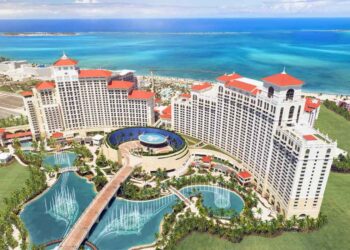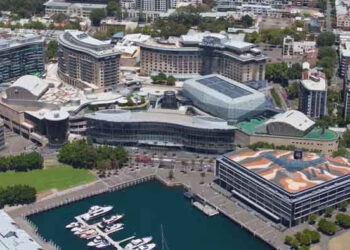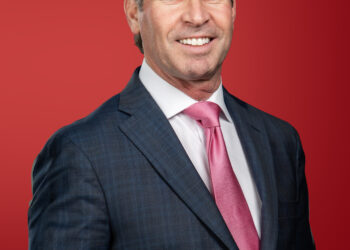Two years ago, the requirement that 50% of Macau’s casinos floors be designated non-smoking areas came into effect. In the face of persistent calls from local labor unions for casinos to go completely smoke-free, from October 2014 smoking has been prohibited on all of Macau’s main-floor gaming spaces. Now, it appears the total smoking ban could soon also be extended to VIP rooms.
At a press conference held on 29th January, Alexis Tam, Macau’s secretary for Social & Cultural Affairs, announced the government planned to submit a bill to the legislative council in the first half of the year proposing a full smoking ban in casinos, including, the possible removal of the airport-style smoking rooms currently allowed on mass floors. Given the lengthy debate that’s likely to ensue, however, passage of the bill might not happen before the end of the current legislative session in August
Estimates of the impact of the extension of the smoking ban vary. According to Deutsche Bank’s Karen Tang, “We estimate that the smoking ban on mass gaming floor since October 2014 has had a 10-15% impact on mass gaming revenue. If the ban is extended to VIP rooms … the impact on VIP revenue may be similar.”
Union Gaming Research Macau’s Grant Govertsen believes the impact of the smoking ban has been far more modest: “Our best guess is that the current smoking ban has had about a 300bps [3%] impact on mass-market table GGR—although this is with the benefit of having smoking lounges on the mass-market floors. We would expect a similar impact on VIP GGR should the ban be extended to the entire casino and under the assumption that smoking lounges are still allowed.”
Analyst Cameron McKnight at Wells Fargo Securities, meanwhile, points to the example of The Star casino in Sydney, Australia, which imposed a smoking ban in 2007. He writes, “We believe the mid-2007 smoking ban at Star City [now known as The Star] in Sydney, Australia, is the closest comparison to Macau’s given its high mix of Asian customers and ‘destination-like’ characteristics. During the first year of the smoking ban at Star City, mass table and slot revenue growth dropped around 3 percentage points and around 10 percentage points, respectively.”
At a time when Macau’s gaming sector has been pummeled by a variety of negative developments, including the corruption crackdown and general slowing of the economy in mainland China, it’s hard to estimate how much of the contraction in casino revenue is attributable to the smoking ban. It’s only clear that the timing of the ban has not been fortuitous.
It’s also clear that the Macau government is serious about enforcing the ban. Deutsche Bank’s Karen Tang highlights a local press report that Melco Crown Entertainment’s City of Dreams resort had been fined MOP100,000 (US$12,500) by the Health Bureau for failing to put up “No Smoking” signs in its premium mass areas.
FIERY ISSUE
The issue of smoking bans in casinos has generated fierce debate in various major gaming jurisdictions, and the pro-smoking lobby has generally prevailed. In Nevada, casino floors remain one of the few indoor public venues where smoking is allowed. In 2008, Atlantic City in New Jersey—a state where smoking in other public areas is also largely banned—scrapped plans to impose a partial smoking ban in its casinos in the wake of the fallout from the financial crisis. This despite the much lower prevalence of smoking among casino visitors in the US than in Macau. About 18% of adults in the US smoke, compared to 30% in mainland China.
Even rules-obsessed Singapore exempted the casino areas—though not the other public areas—at its two integrated resorts from the city-state’s wide-ranging indoor smoking ban, while requiring the IRs to implement their own internal policies regarding smoke-free zones.





























